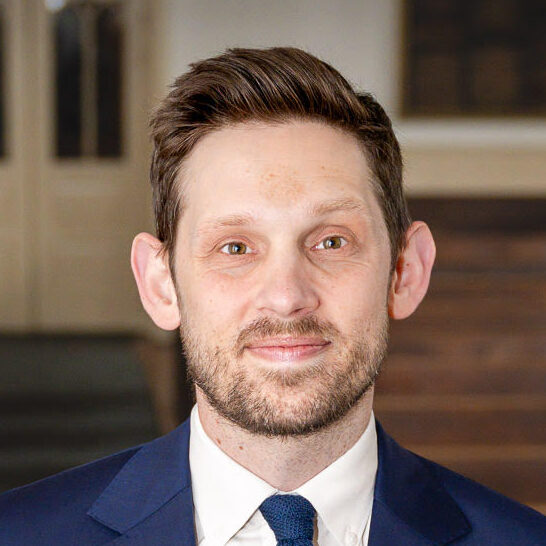Editor’s Note: What follows is a transcription of a section of Rabbi Kamesar’s comments during the recent Evolve podcast, “Making Your Soul a Vessel for Change.”
How do we pray for compassion from God if we don’t literally believe that God hears our prayers?
I can believe in a God who hears my prayers while at the same time not believing in a God who intervenes on the material plane, on the physical plane. I guess what I mean by that is I can experience being heard in my prayers while also not expecting that if I pray to win the lottery, I’m going to win the lottery. I don’t experience the universe and God in such a way that says: “Yes, God is listening to prayers, and if someone prays just right, God will push a certain lever and that indeed rain will fall.”
I do think we have free will. The universe is on the course that it is on. In other words, I don’t think God is interrupting human actions because someone prayed in a particular way. But I do think we can turn to a God who hears for the sense of feeling heard and feeling seen, and the sense of love and light and life that flows from that source.
I don’t think we have to believe in supernaturalism to believe in a God who hears our prayers. That said, I recognize that for a lot of Reconstructionists, God is the power that makes for salvation, a non-anthropomorphic depiction of God. And there, too, there’s a compassionate flow that we can kind of open ourselves up to
In his song “Hallelujah,” Leonard Cohen writes that the cracks are where the light gets in. And to me, that’s a lot. That’s a non-anthropomorphic summation of what I’m talking about, which is that a little bit of heartbreak, a little bit of breaking open, is necessary for that light, that love, that Divine compassion to seep through. I think that’s how I think about it in non-anthropomorphic terms.







